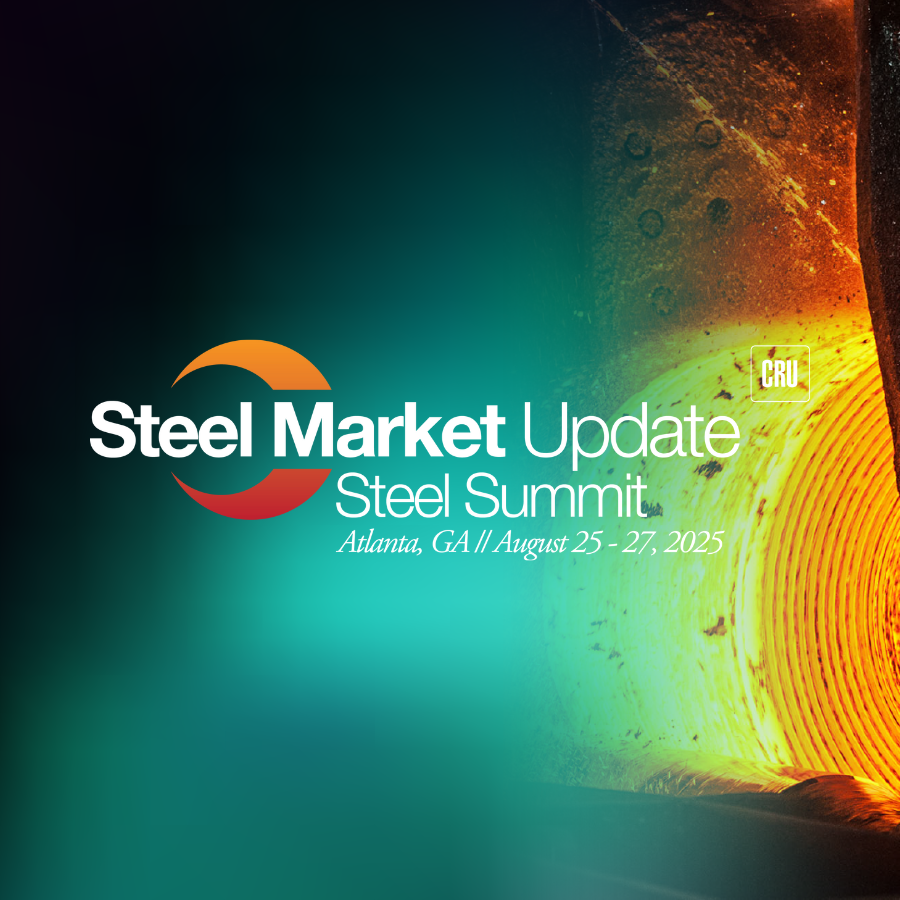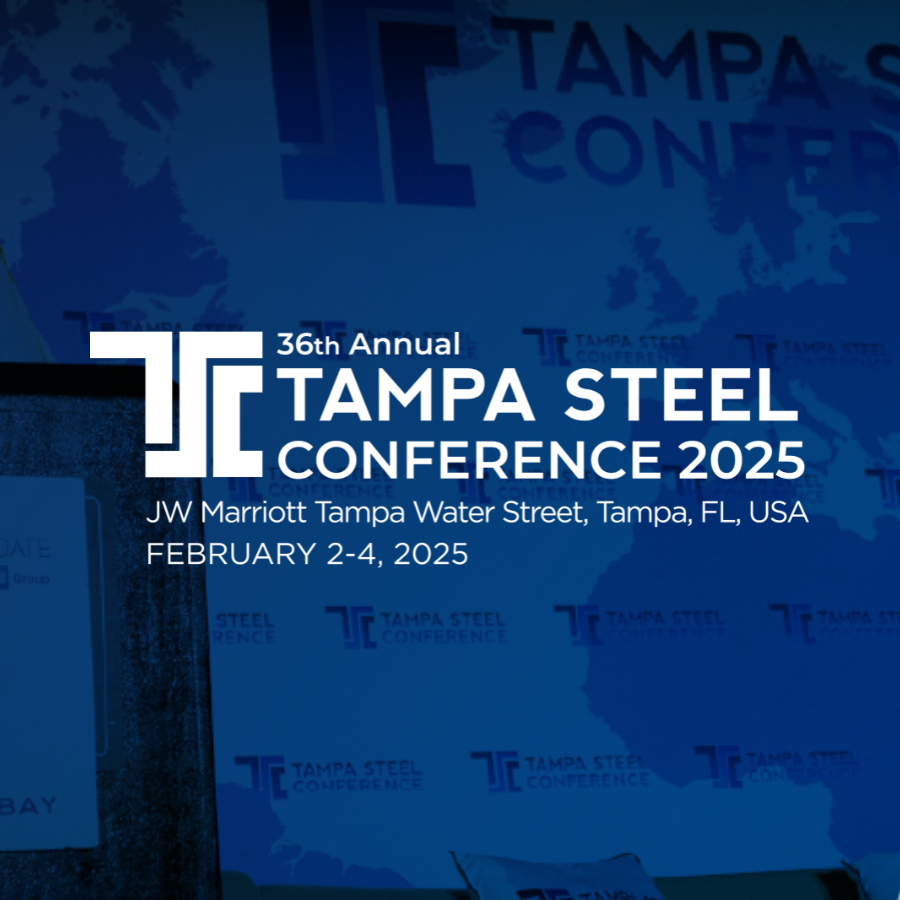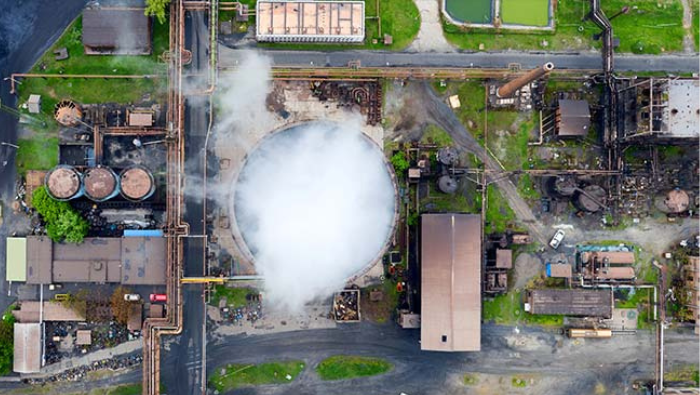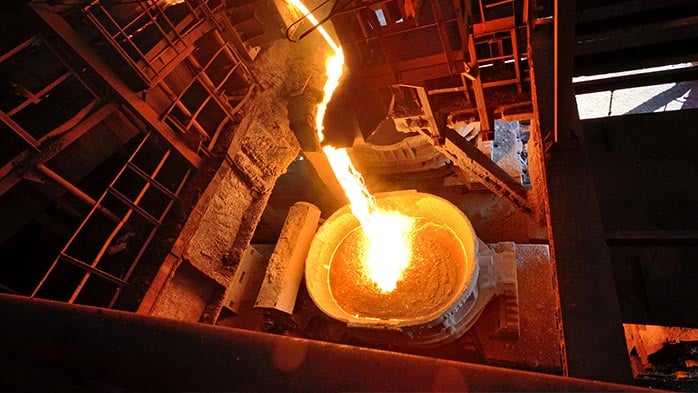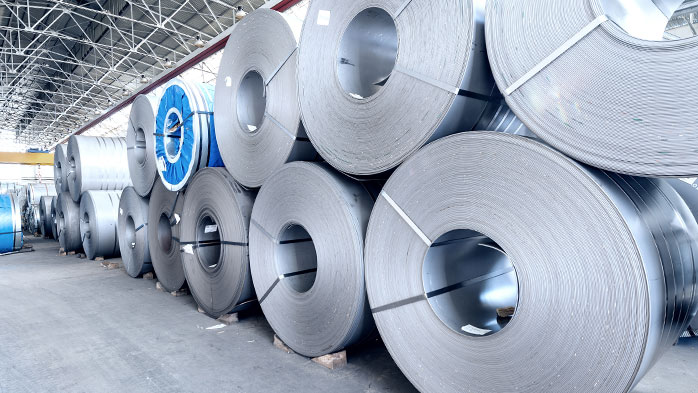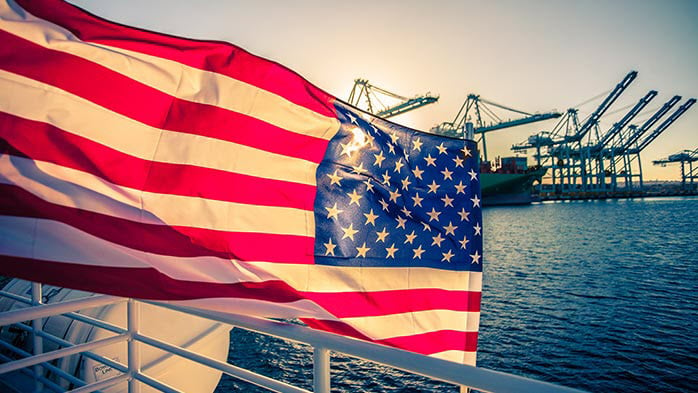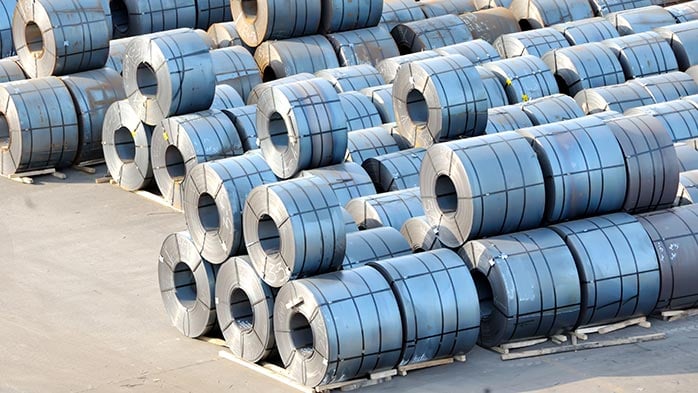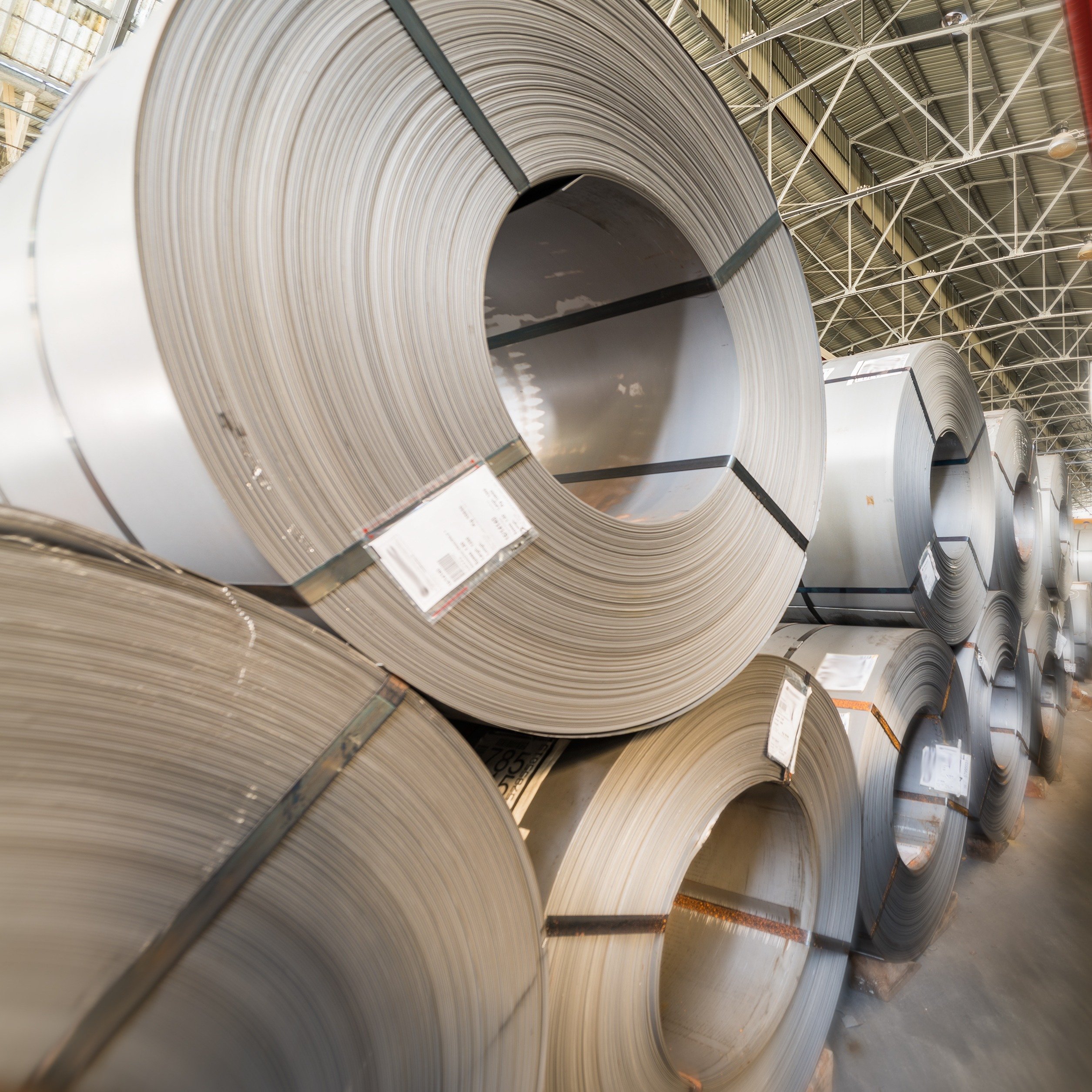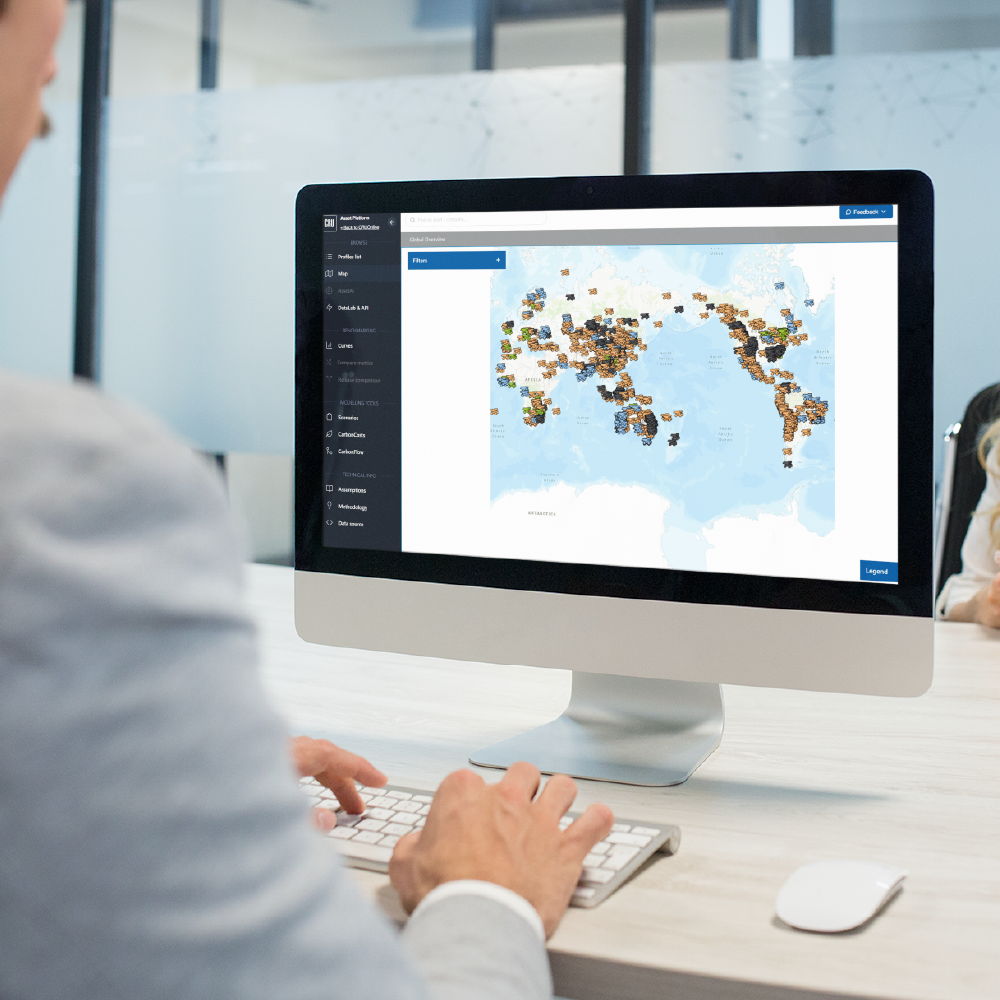In recent earnings news, Russian steelmaker Novolipetsk (NLMK) said they have continued to export slabs from Russia to their US operations profitably from the perspective of NLMK Russia.
This supply has continued, we assume at market prices, in the face of the Section 232 (S232) tariff of 25%. Even with this extra cost, NLMK has said their Russian operations were earning a margin of $50 to $70 /t on such transfers.
How is this possible? It is quite simple: based on our cost model, Novolipetsk is one of the lowest cost steel producers in the world. Adding in the 25% tax as well as shipping and logistics costs and these slab transfers are still profitable, as stated by NLMK. These slabs are sold to the NLMK USA facility in Western Pennsylvania where they are converted to HR coil and then further processed into higher quality CR and HDG coil products.
Conversely, without economic access to slab from the merchant market or transferred from Russia, NLMK USA is challenged in fully supporting their longstanding customers. Its US-based facility is operated with over 400 United Steelworkers and has previously noted that due to the S232 tariff, their participation in the spot sheet market has been limited. Even though US domestic prices of sheet products remain at a significant premium over global markets (HR coil prices this past April averaged $862 /s.ton or $950 /t) higher slab prices mean margins are squeezed.
NLMK USA, though, has applied for an exclusion for the slabs they require. If an exclusion is not approved, NLMK USA is likely to institute a surcharge on flat product sales.
One alternative to this surcharge structure, or a consequence of inability to implement it, could be the eventual sale of the NLMK Pennsylvania operations to a domestic steelmaker with excess slab production. However, there is currently no such operator as mills are either balanced or slab short. An alternative option could be sourcing slab from JSW following their acquisition of Acero Junction (formerly Mingo Junction, an area that can trace steelmaking roots back to the Carnegie Steel Company). This option would be reliant upon JSW’s successful restart of the EAF at Acero Junction. Theoretically, slabs produced here could then travel 80+ miles to be converted into various high-quality sheet products.
This option, however, is not likely for a variety of reasons, and we expect that NLMK will continue to operate in the US as a key supplier of sheet products with or without the exclusion. One reason is that we continue to expect that the Section 232 is only temporary in nature and therefore, any period of limited margins due to this policy will be short-lived. Another, larger reason is the Acero Junction EAF has had multiple challenges in the past and an easy restart may not be as simple as it sounds.
CRU provides further analysis of such issues, assessing their impact on your markets, in its new Global Steel Trade Service.
The Global Steel Trade Service is the authoritative single source of steel and scrap import and export prices, international trade flows, market intelligence and analysis. It utilises proprietary CRU data, the best primary research where it counts, and robust price assessments made by regionally-specialised but globally-networked analysts.
This service will help you identify international supply threats or market opportunities, negotiate powerfully and be efficiently and comprehensively briefed in your international commercial and strategic interactions.
For more information please contact us via the enquiry button below and let us help you navigate the market.

